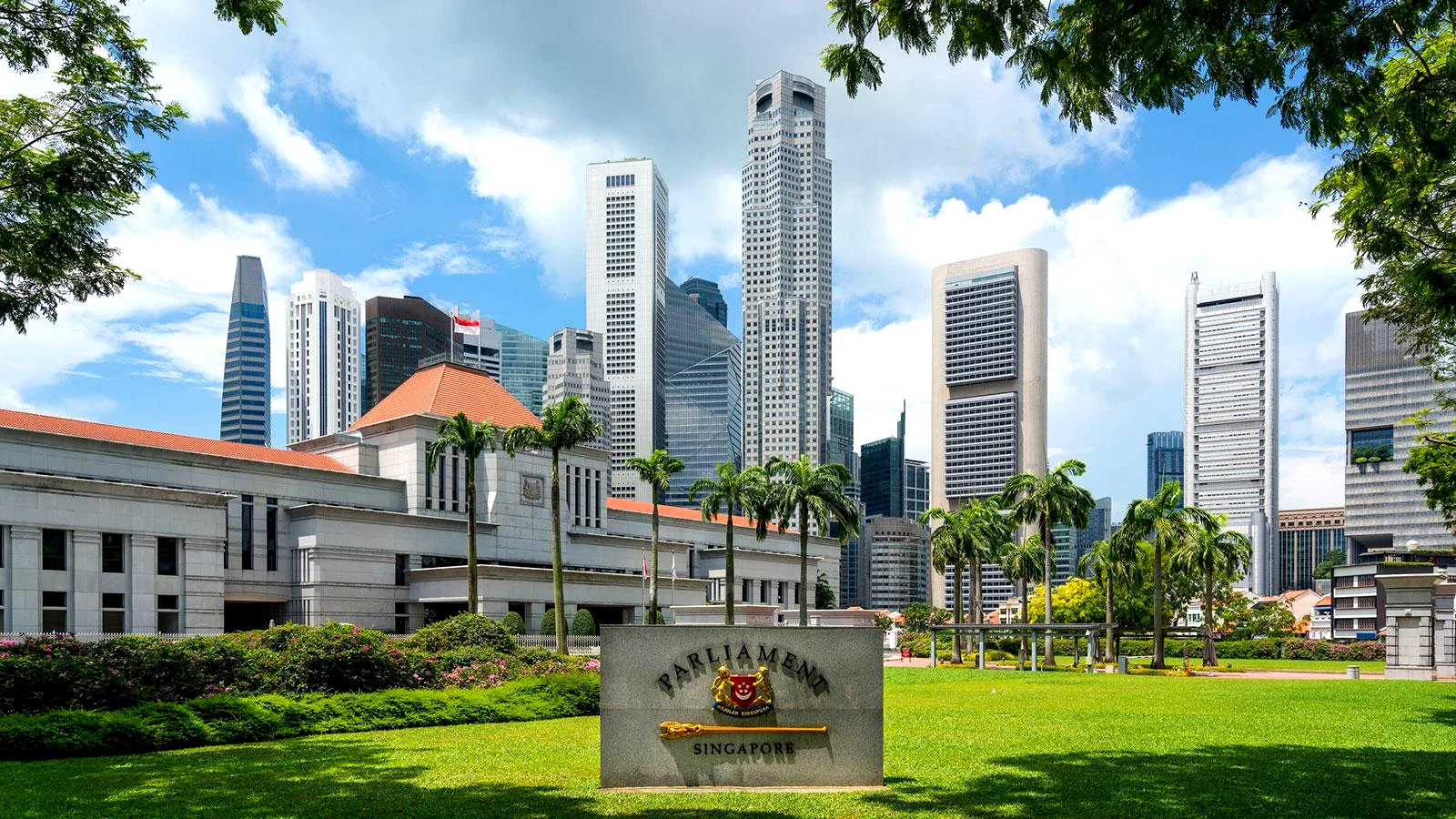(Bangkok/Jakarta, 10 July 2023) The Asian Forum for Human Rights and Development (FORUM-ASIA) and CIVICUS: World Alliance for Citizen Participation are deeply concerned over Singapore’s recently passed Online Criminal Harms Act.
We call on the Government of Singapore to withdraw this law, which contravenes international legal and human rights law and standards –including the rights to freedom of expression, association, participation in public affairs, and privacy.
Without intervention from the international community, this law could further curtail civic space, both online and offline.
On 5 July 2023, the Parliament of Singapore went through and passed the Online Criminal Harms Act (OCHA), first tabled on 8 May under the pretext “to deal more effectively with online activities that are criminal in nature.’ The Act will allow the government to exercise arbitrary power and discretion against individuals and entities–including internet service providers–to remove, block, and restrict content it suspects as a scam or malicious cyber activities. The Act also has an extra-territorial implication, in which the government can order individuals ‘whether or not a resident or citizen of Singapore, whether physically present in Singapore or outside Singapore’ and entities ‘whether formed, constituted or registered in Singapore or outside Singapore.’
‘We are concerned with the far-reaching implication of the OCHA, which will affect the protection of freedom of expression in Singapore and beyond. The Act will facilitate the arbitrary exercise of power by the government against critical voices and oppositions, particularly human rights defenders demanding justice and accountability,’ said Mary Aileen Diez-Bacalso, Executive Director of FORUM-ASIA.
Potential threat to freedom of expression
The OCHA is the latest addition to Singapore’s legal ecosystem regulating freedom of expression in contravention of international human rights law and standards.
In 2019, Singapore adopted the Protection from Online Falsehoods and Manipulation Act (POFMA), which allows the government to issue a correction order against individuals – regardless of citizenship and location– suspected of communicating falsehood. And in 2021– despite criticisms from international and regional civil society–the government adopted the Foreign Interference (Countermeasures) Act to tackle ‘hostile information campaigns’ that seek to ‘polarise society, influence its domestic political discourse and undermine its political sovereignty.’
Like OCHA, both laws also have extraterritorial implication and give overbroad power to the government.
FORUM-ASIA and CIVICUS are concerned how OCHA could be used by the Singaporean Government to stifle freedom of expression in the country, particularly that of critical voices.
Compounding our worries is how the government was reported to have already issued POFMA 100 times since the law’s passage. Of these instances, 35 of which were brought against opposition political parties and political figures. POFMA has also been used against Lawyers for Liberty, a non-governmental organisation based in Malaysia that reports on Singapore’s death penalty cases. Likewise, it was used against Asia Sentinel, a media outlet now banned in Singapore.
Given the government’s alarming track record of using laws to silence dissent, we are worried that a similar approach could also be taken when implementing OCHA.
FORUM-ASIA and CIVICUS urge the Government of Singapore to withdraw the OCHA and to refrain from introducing any legal instruments that could further undermine human rights and fundamental freedoms.
‘We call on the government to uphold its obligations under international law to protect, promote, and fulfil the universality of human rights. It must work to safeguard people’s freedom of expression and refrain from further attacking Singapore’s already declining civic freedom,’ said David Kode, Advocacy and Campaigns Lead at CIVICUS.
**
About FORUM-ASIA:
The Asian Forum for Human Rights and Development (FORUM-ASIA) is a network of 85 member organisations across 23 countries, mainly in Asia. Founded in 1991, FORUM-ASIA works to strengthen movements for human rights and sustainable development through research, advocacy, capacity development and solidarity actions in Asia and beyond. It has consultative status with the United Nations Economic and Social Council, and consultative relationship with the ASEAN Intergovernmental Commission on Human Rights. The FORUM-ASIA Secretariat is based in Bangkok, with offices in Jakarta, Geneva and Kathmandu. www.forum-asia.org
About CIVICUS:
CIVICUS: World Alliance for Citizen Participation is a global alliance dedicated to strengthening citizen action and civil society around the world with 8,500 members in more than 175 countries. Based out of Johannesburg, CIVICUS has offices in New York and Geneva. www.civicus.org
For media inquiries, please contact:
- Communication and Media Programme, FORUM-ASIA, [email protected]




